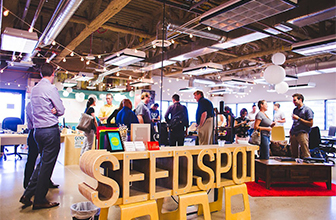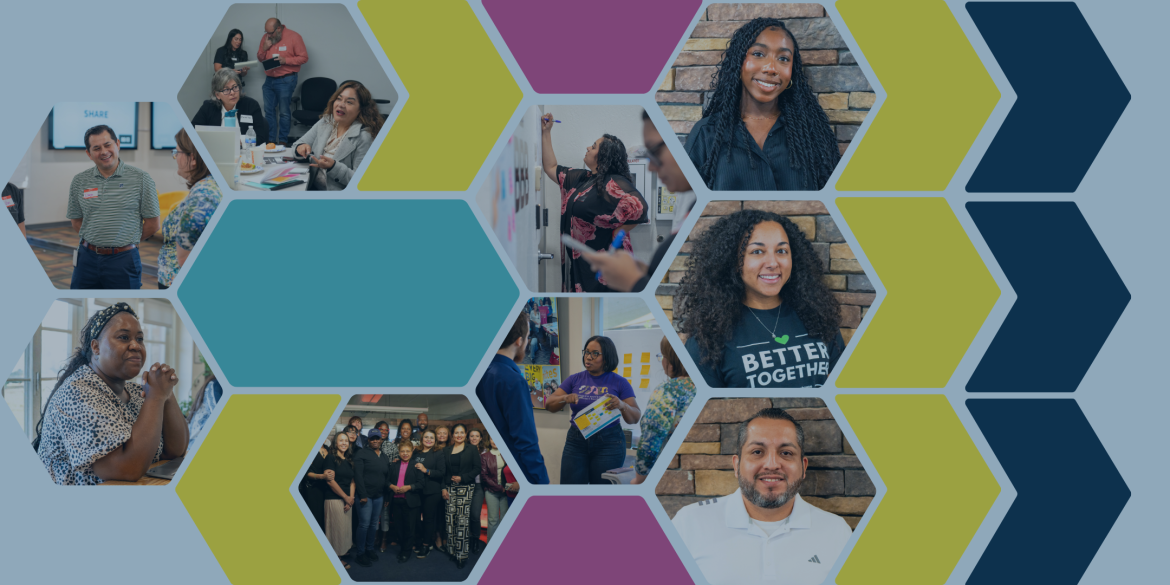By: Bianca Buliga, Content Curator
Contributing to a series of guest blogs generated by Kauffman Foundation grantees, our very own co-founder and CEO, Courtney Klein, discusses how to create an inclusive space for entrepreneurs to galvanize collaborative entrepreneurship in their communities. And it certainly transcends simply copying the Silicon Valley model.
Debunking the myth that emulating Silicon Valley is the only pathway to success, Courtney emphasizes that each city has unique needs to address in the process of become a thriving entrepreneurship hub. Rather than adopting a one-size-fits-all approach in Silicon Valley style, mayors need to assess the market trends and high impact opportunities that exist in their entrepreneurship ecosystem. By identifying and capitalizing on the assets each vibrant city has to offer, mayors lead the way in marketing their cities as a frontrunner in social enterprise thought leadership.
Where to start? Step one: pinpoint the competitive advantage your city brings to the table. Seeking out monetary gain is a shaky foundation to rest your company on. Discover the missing gaps in your local community and re-frame them as excellent opportunities for growth and improvement. By creating an enabling environment and utilizing the talents and assets your city inherently possesses, entrepreneurs in your community will feel inspired to make a positive and sustainable difference.
Next, prioritize diversifying your portfolio of entrepreneurs! Courtney implores mayors to recognize that a city’s success does not lay in the hands of white males with tech startups. Consider that in 2015, a staggering 40 percent (almost half!) of incumbent entrepreneurs identified as African American, Latino, Asian, or non-white. Beyond that, an impressive 36 percent were women. Creating a more inclusive space means radically eradicating the possibilities for sexism, racism, aging, and class discrimination to rear their ugly heads. Each population can be a key asset in developing an entrepreneurial ecosystem, and SEED SPOT can attest to the success of such valuable partnerships.
Stop favoring big business over small business! Courtney asserts that all companies matter, whether they are an idea on the back of a napkin or generating revenue at scale. Be sure to democratize the education and training that early-stage entrepreneurs receive at all stages of growth – especially, the daring problem solvers that address major problems. Elevate the status of social entrepreneurs who are eager to want to end world hunger, homelessness, poverty, etc. Often written off in entrepreneurship, addressing social causes is a concrete and worthy cause for entrepreneurs to dedicate themselves to.
Finally, it is the responsibility of a community to protect their entrepreneurs, shut out potential sharking, and create a safe space for more entrepreneurs to emerge from the woodwork and be impactful. Bring all community members on the same page, ranging from attorneys to bankers that directly contribute to an enabling framework for entrepreneurship. In a closing note, Courtney reiterates that the key to success is to stop trying to become the next Silicon Valley, and instead own a new and better version of what is possible.
Read Courtney’s original post here.
To learn more about what the Kauffman Foundation stands for, stay tuned for upcoming posts in the series written by their other grantees and partners!
Do not forget to register for the Mayors Conference on Entrepreneurship in St. Petersburg, Florida from December 1-2.




